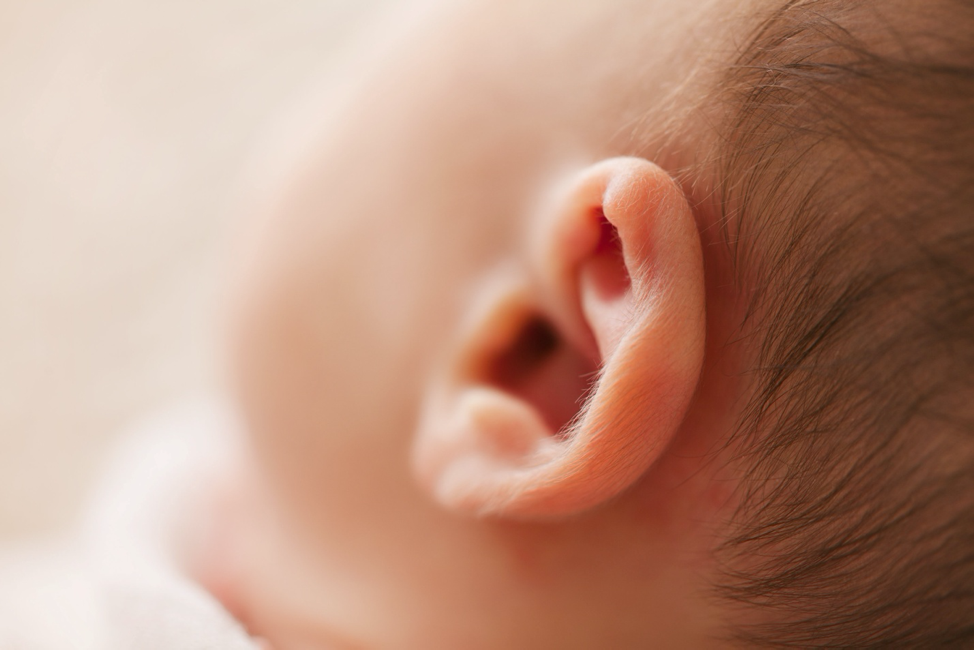If you experience ringing in the ears too often, you might want to get medical help as soon as possible. Let’s explain a few things here. The Cochlea is the inner ear portion, which looks like a snail. Any damage to sensory ear cells in the Cochlea can cause ringing. Ringing in the ear or Tinnitus may occur in different ways. You might hear the sound of ringing, whooshing, buzzing, clicking, or hissing. The sound can be soft or loud, occasional or continuous, or in one or both ears. You might hear the noise more clearly and loudly when you are alone or in a quiet place.
Tinnitus is a condition, not a disease. If you do not treat it at the right time, it can cause hearing loss. Continuous sounds in your ears, in some cases, can cause anxiety, depression, and insomnia.

(Source)
Causes of Ringing in the Ears (Tinnitus)
Tinnitus can occur anywhere in the auditory pathway. This condition can affect the brain’s auditory cortex, inner, middle, or outer ear. You can find some of the common causes of Tinnitus below:
1. Age Factor
Tinnitus may arise at any age, but patients above 40 are more likely to experience its severe effects. You need to evaluate risk factors and try to treat this condition before it gets worse. Avoiding common causes like hypertension, smoking, and noise exposure can be helpful.
2. Noise Exposure
Constant exposure to noisy sounds can damage your ears, affecting hair cells present in the Cochlea. Loud noises can lead to hearing loss. People working in excessively noisy areas like road construction sites, factories, etc., have more chances of suffering from hearing loss.
3. Head Injury
In some Tinnitus patients, the leading cause for their ear ringing is a head or neck injury. If you are suffering from this condition, you will feel difficulty in relaxing, sleeping, thinking, and remembering clearly. Consult a doctor as soon as you feel any of the Tinnitus symptoms.
4. Dental Issues
Dental injuries or problems can also cause Tinnitus. Misalignment of the temporomandibular joint or other injuries can be the reason for your hearing loss. The temporomandibular joint attaches your jaw bone with the head in front of your ear.

(Source)
5. Side Effects of Drugs
a) Antibiotics
One of the side effects of medicines is Tinnitus or ringing sounds. The antibiotics that can cause such side effects include ciprofloxacin, doxycycline, gentamicin, erythromycin, tetracycline, tobramycin, and vancomycin.
b) Cancer Medications
Some cancer medications, such as cisplatin and vincristine, can also cause Tinnitus.
c) Certain Antidepressants
Many antidepressants, such as amitriptyline, clomipramine, and imipramine, can lead to this condition.
d) Aspirin
Continuous use of aspirin can cause hearing loss. Examples may include ibuprofen and naproxen.
6. Ear Blockage
Your ear glands produce earwax to protect your ears from debris. Earwax comes out of the ears naturally, but cleaning your ears with earbuds can cause severe damage and pain. Earbuds push the wax back inside, blocking the ear canal. If you recently feel ringing in your ear, visit your doctor for an ear checkup as soon as possible.
7. Ear Bone Changes
In many cases, abnormal growth of bone in your middle ear can cause symptoms of this condition. Stiffness of the bones can be due to inheritance, and you should consult with the doctor if you experience these symptoms.
8. Rare Diseases
Many diseases can cause Tinnitus, such as Meniere’s disease, TMJ Disorder, Acoustic Neuroma, Eustachian tube dysfunction, Muscle spasms in the inner ear, etc.
a) Meniere ’s Disease
Meniere’s disease can cause vertigo, dizziness, and Tinnitus. This disease is an inner ear condition. You might feel hearing loss that comes and goes, feeling of ear pressure, and ringing in the ear. This disease usually infects one ear, and a delay in treatment can lead to permanent disability.
b) TMJ Disorder
TMJ or temporomandibular joint located near the ear share some nerves and muscles with the middle ear. Any disorder in the functionality of the joint’s ligaments, muscles, or cartilage results in TMJ disorder.
Conclusion
The first thing you should do is to protect your ears from loud sounds if you want to avoid Tinnitus. If you work in a place where there are noisy machines, you should use earplugs. If you feel any hearing problem, visit us to avoid any complications. Stephen Katz is a Tinnitus treatment specialist available at our clinic. You can contact us at (646) 213-2321 to make an appointment.
